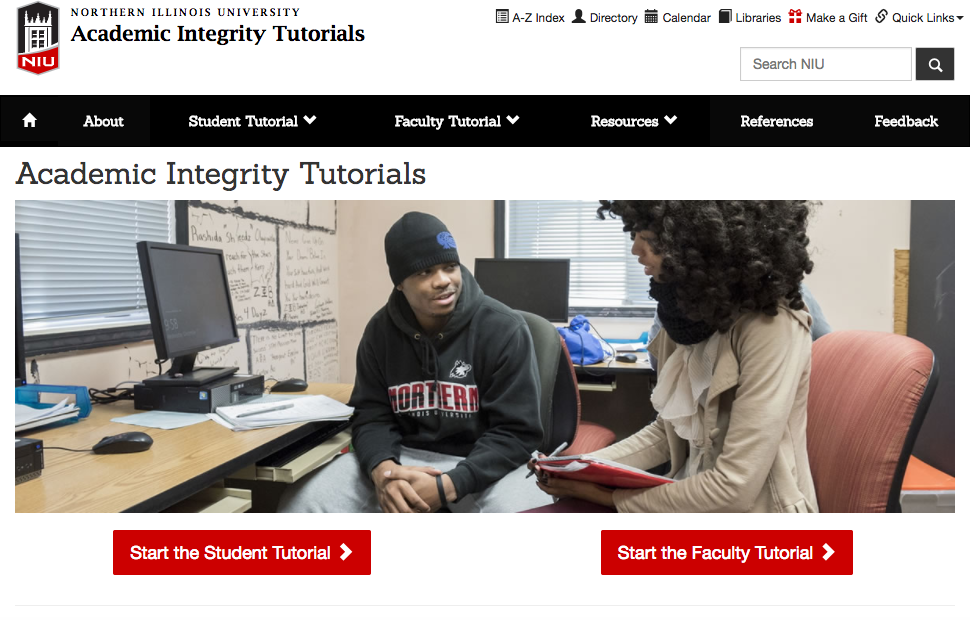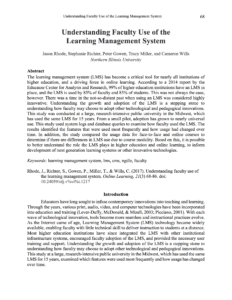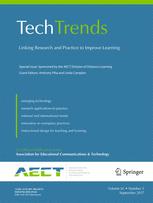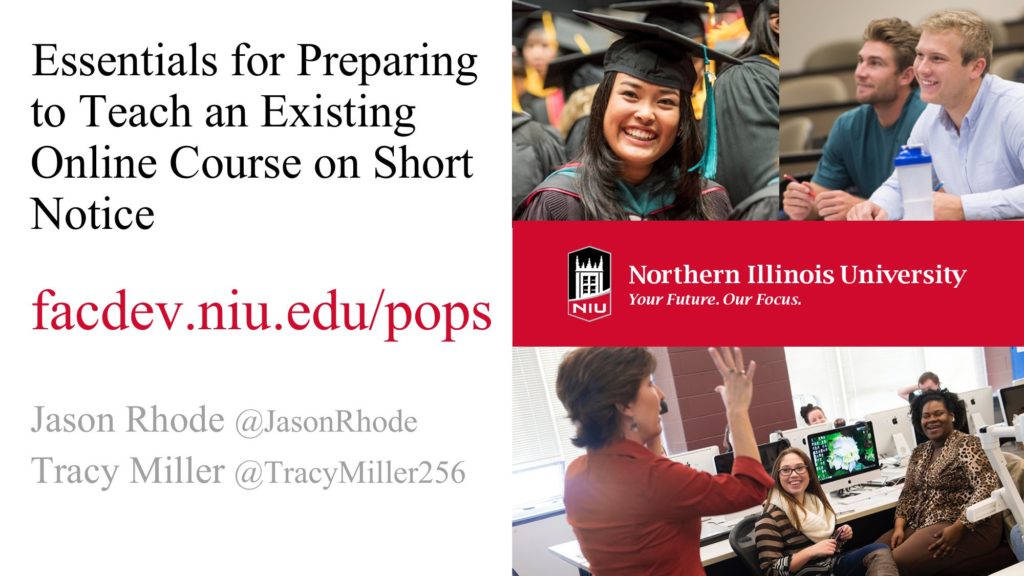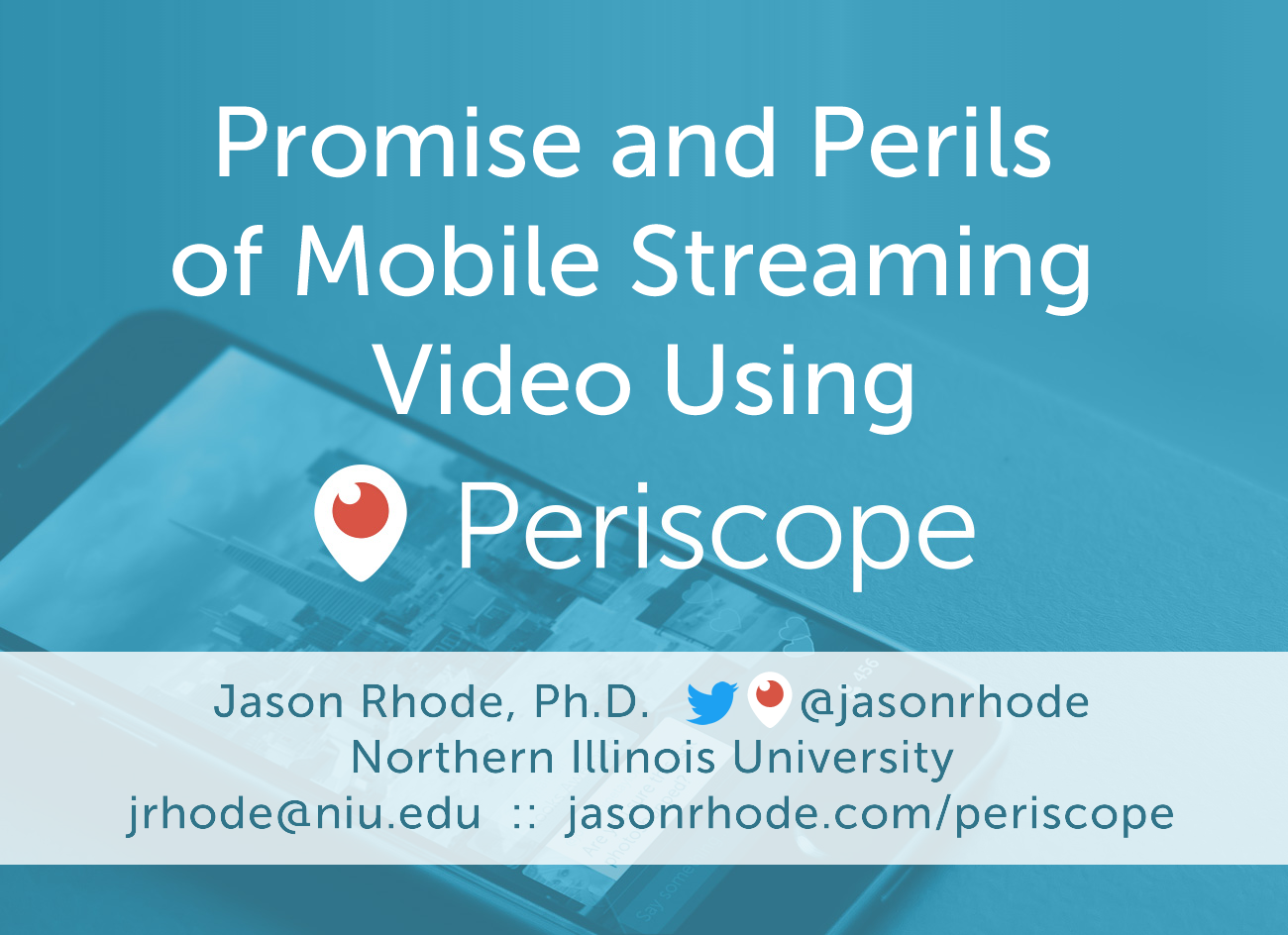Online tutorials on academic integrity, previously developed in 2005 and made available in part through the “Project for Improvement of Undergraduate Education” grant by the Northern Illinois University Committee for the Improvement of Undergraduate Education, have been updated and have been re-released at go.niu.edu/academic-integrity
The purpose of these tutorials is to promote academic integrity at Northern Illinois University by increasing students’ awareness of the issues, offering strategies for students to protect themselves from academic dishonesty situations, and increasing faculty’s awareness of the issues and offering them strategies to address academic dishonesty incidents effectively. These tutorials are intended for self-paced learning by students and faculty and can be used as an educational resource to supplement classroom discussions on academic integrity. Over the past 12 months, the academic integrity tutorials have been view by more than 10,000 users and average over 1,300 hits each month.
Both a student tutorial and faculty tutorial are available. The tutorials are available to the public and can be accessed without any required login or password.
Faculty can use the tutorial as part of their classroom discussions on academic integrity and encourage students to review the content and complete the activities as part of a course activity. Students who complete the student tutorial successfully can print a certificate of completion which can by submitted as verification of their completion.
Special thanks to the staff of Faculty Development and Instructional Design Center for updating the tutorials and migrating them to NIU’s latest web templates.
